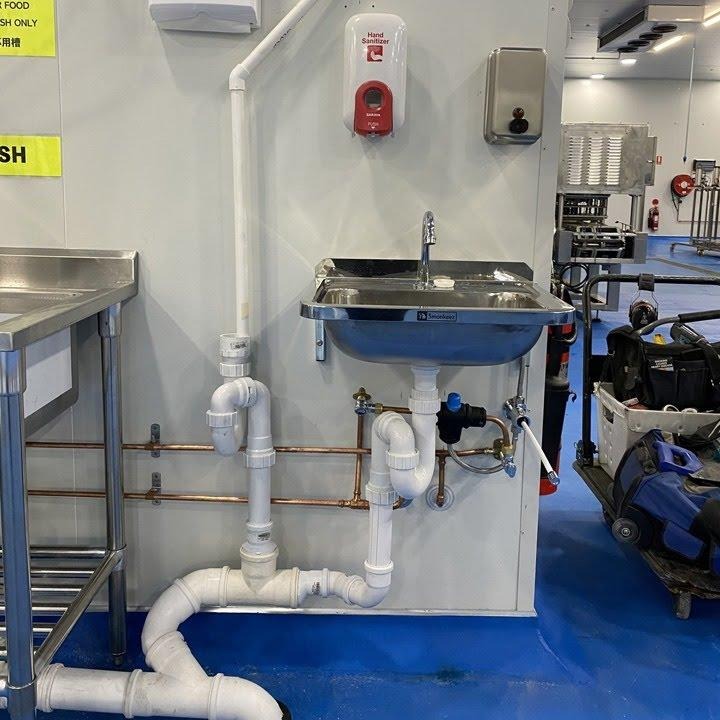Wildfires can upend lives overnight, turning thriving communities into disaster zones and leaving homeowners with daunting questions about property damage, insurance claims, and the long road to recovery. After the immediate danger passes, comprehending your legal rights and responsibilities is crucial for securing your financial and legal future. For homeowners in Southern California and beyond, working with a seasoned fire damage restoration claim attorney Los Angeles can make all the difference in navigating complex claims and recovering full compensation.
As wildfire seasons grow more severe each year, states like California regularly update laws and insurance requirements to help affected families recover more swiftly and build greater resilience. Understanding these changes will put you in a stronger position to defend your rights and expedite your recovery.
After a wildfire, review your homeowner's insurance policy in detail to clarify what is and isn't covered. While most standard policies pay for direct fire damage, grey areas often exist around smoke contamination or indirect losses. For example, a recent California court case ruled that insurers could not enforce certain limitations on smoke damage claims, granting broader protections for policyholders. Carefully read through exclusions and endorsements to identify gaps in your coverage and speak with your insurance agent or a legal advisor to clarify anything unclear.
The basics of wildfire insurance coverage are evolving rapidly. Policyholders in wildfire-prone regions, for instance, may find stricter underwriting guidelines or higher premiums tied to risk reduction practices. Homeowners should check for coverage of temporary living expenses, smoke damage, debris removal, and even landscaping or hardscape repair, which can all significantly influence your recovery timeline and financial outcome. According to The New York Times, many policyholders have faced challenges with underinsurance even after partial reforms in California's insurance market.
After ensuring your family's safety, comprehensive documentation is your strongest tool. Photograph and video all damaged structures, interiors, and possessions—the more thorough your records, the stronger your claim. It's also wise to gather pre-fire photos for comparison and to demonstrate the full extent of your loss should disputes arise with your insurer.
Retain all receipts and invoices for costs related to displacement, emergency repairs, cleaning, and temporary lodging. These may be reimbursable under your policy's "additional living expenses" clause.
Contact your insurance provider as soon as it is safe to do so, and document all communications in writing. Large-scale disasters often result in a surge of claims and delays; patience and meticulous record-keeping are essential throughout this process. If you feel stonewalled or unfairly treated, consult an attorney with disaster claim expertise.
Restoring your property goes beyond simple repairs; stricter fire safety standards may apply once you rebuild. For instance, California homeowners in high-risk zones now face accelerated requirements to remove combustible vegetation within a five-foot perimeter around structures—a change aimed at reducing future risk. These updates also mean that building plans must often be re-approved to comply with the latest fire-resistant materials and designs, such as ember resistant mesh for vents and openings. Staying current with local and state regulations is a key step in preventing future losses and easing the rebuilding process.
California's real estate laws require sellers to fully disclose any wildfire impacts, property vulnerabilities, and any fire mitigation steps taken for older homes in high-risk areas. This transparency helps protect buyers and shields sellers from potential liability after the sale. In fact, recent laws strengthen these rules, ensuring that all buyers receive relevant disclosures regarding wildfire exposure and compliance upgrades.
If insurance disputes stall your recovery, or if rebuilding efforts hit roadblocks, specialized legal counsel can advocate on your behalf. Attorneys focused on wildfire claims can help file lawsuits, appeal unjust denials, and negotiate for higher settlements. Additionally, nonprofit organizations and community resources often provide free legal clinics, temporary housing assistance, and direct help with insurance forms and evidence collection. The Consumer Reports Wildfire Claims Guide offers straightforward guidance for navigating complex post-disaster situations.
The landscape of wildfire law and disaster preparedness is ever-changing—it's essential to remain vigilant. Commit to regular policy reviews, keep abreast of local building code updates, attend community safety presentations, and connect with insurance agents and legal outlets for personalized advice. Preparation remains your best defense against the future risks wildfires can bring.
The aftermath of a wildfire is overwhelming, but knowing your legal rights and obligations can tilt the odds back in your favor. Protect your interests by staying informed, keeping meticulous records, pursuing fair settlements, and leveraging expert legal support when necessary. With resilience, preparation, and knowledge, you can move forward confidently after loss and rebuild stronger than before.




Want to add a comment?